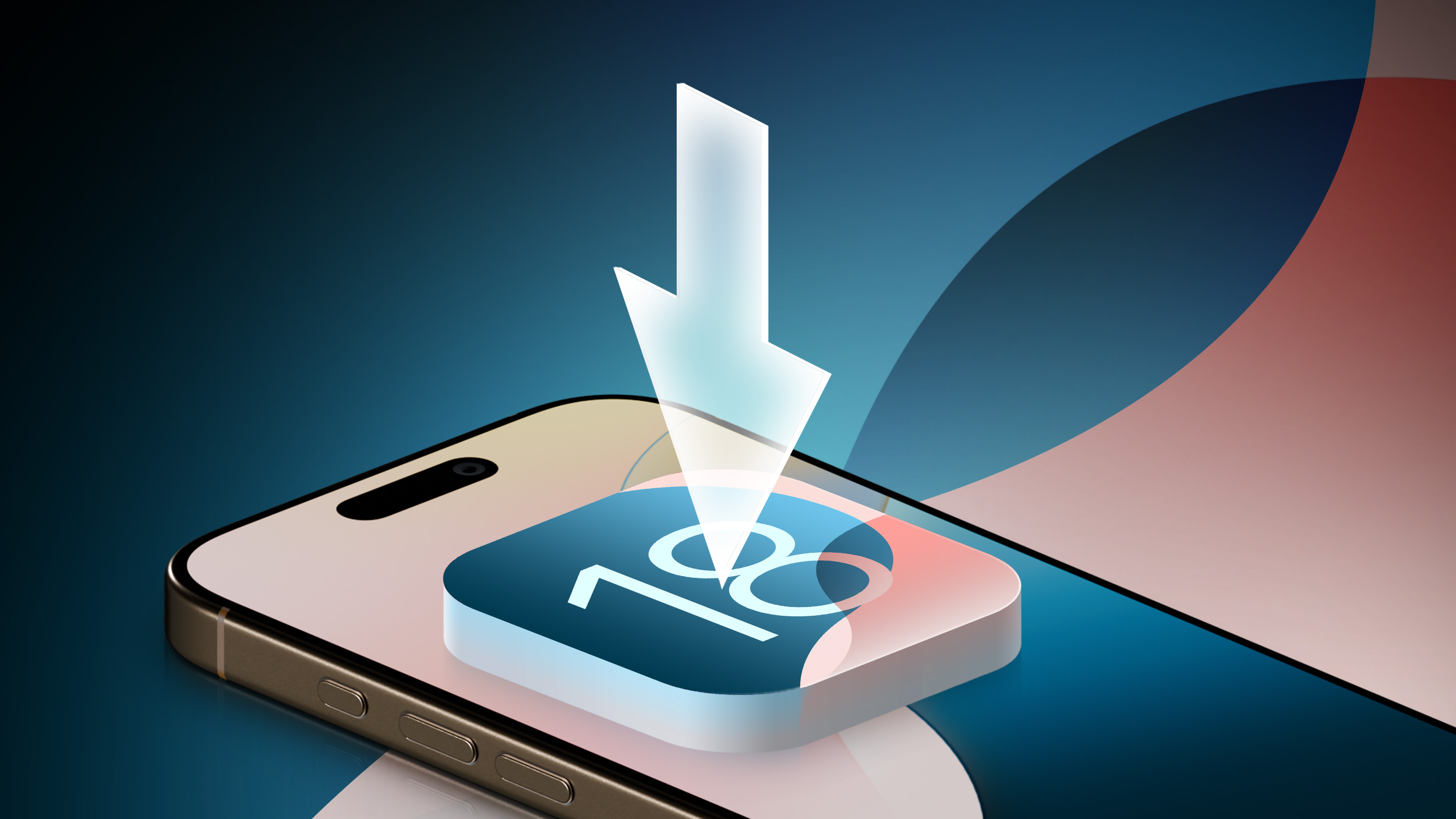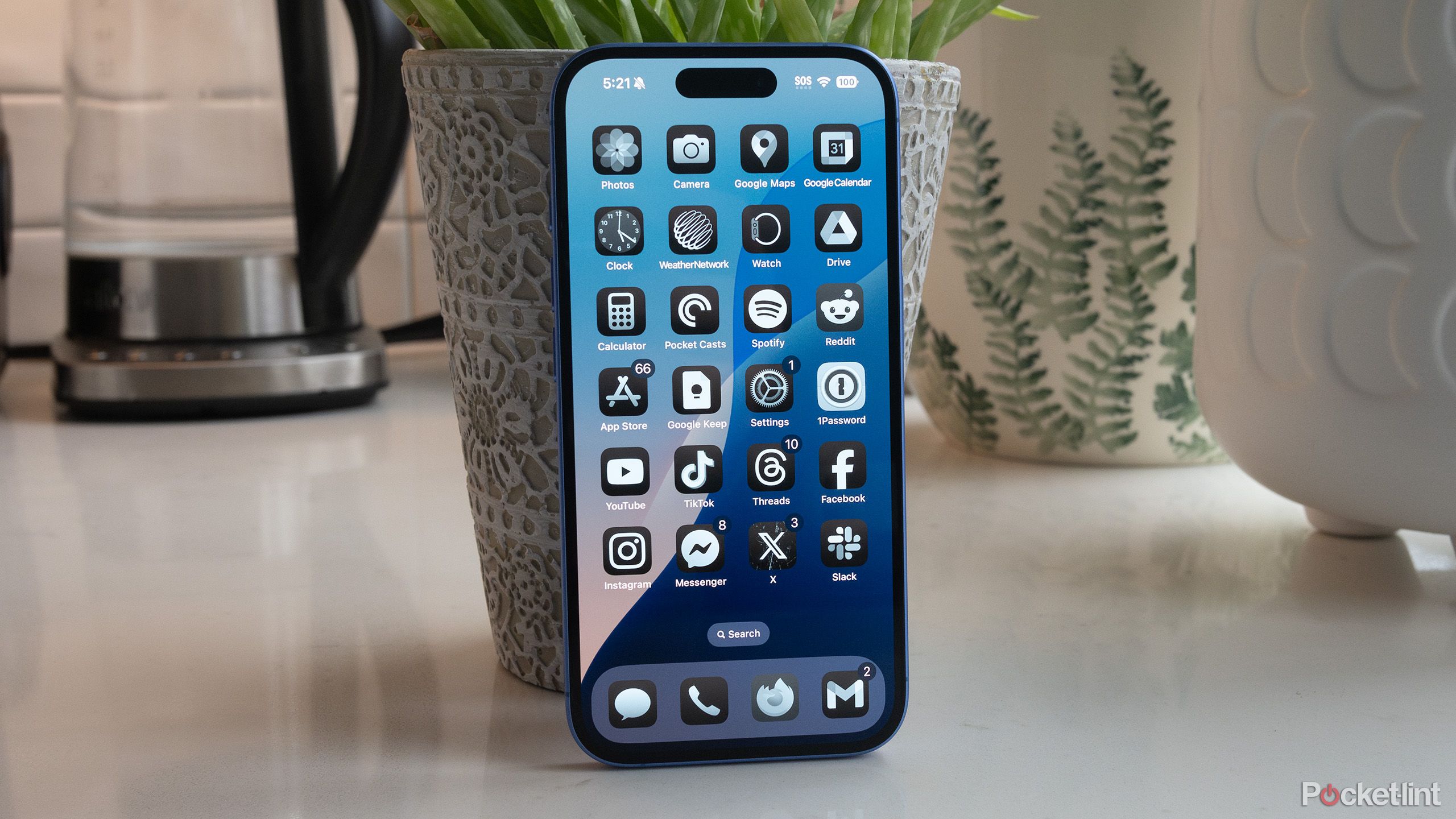How to avoid these common scams on Facebook
There’s no denying that social media has drastically changed the way people communicate. Social media networks have emerged as a powerful tool to interact with folks from any part of the world. But while it has influenced the business, advertising sphere, helped people gain information, it has become one of the most common platforms for nefarious scams, Facebook being one of them. The scams are not just prevalent on the social media network, but all over the internet, however, Facebook has a community of millions of people that gives miscreants the opportunity to easily perpetrate online scams on the platform.
Some of the most common scams in Facebook include- duplicating accounts whereby fraudsters trick users by imitating the email template from Facebook that appears like an official message. Once the user opens the link and enters login credentials, the scammers duplicate the account and ask for ransom. Video message scam is another one in the platform that usually includes a video link with a description from a “friend” and a random question which is nothing but a virus or ‘browser hijacker.’ Further, if a notification or a message pops up in your Facebook account saying that someone has unfriended you, that is a scam too, as Facebook has stopped advertising ‘these activities’ since September 2020.
Other major scams that have been making rounds in the platform for some time include- free coupons at large retail outlets, lotteries, and romance scams where fake accounts are created or operated to entice users and their personal data are later exploited to earn money.
While many believe that their accounts are safe and well-protected, there are still good chances to fall into different types of scams. In case you are looking for solutions as to how to avoid scams on Facebook, here are few simple steps that you can consider.
How to avoid scams on Facebook?
A free thing may not be always a good thing, simply to say never open the unknown links that read ‘get this product for free.’ Facebook advises users not to give money to anyone who wants to sell a verification badge.
Social engineering can be a curse sometimes- While hackers are capable of bypassing system security using software tricks, at times users themselves end up giving personal information. Hence it is advised to note provide details to strangers who are not on your friends’ list.
In case you find any suspicious activity in your account, just check your login history by heading to your Facebook profile settings and click Security and Login.
Refresh privacy settings once in a while- Update your privacy settings to ensure only friends and family members that you trust can see your profile and where you are located on Facebook.
Beware of emails- While it’s easy to imitate accounts and seek personal credentials, Facebook notes that it doesn’t ask users their password via email and the official company email addresses end in @fb.com.
Last but not least if you find any mockup of a real Facebook page, or suspect a scam, report it to Facebook through the Help Center.







